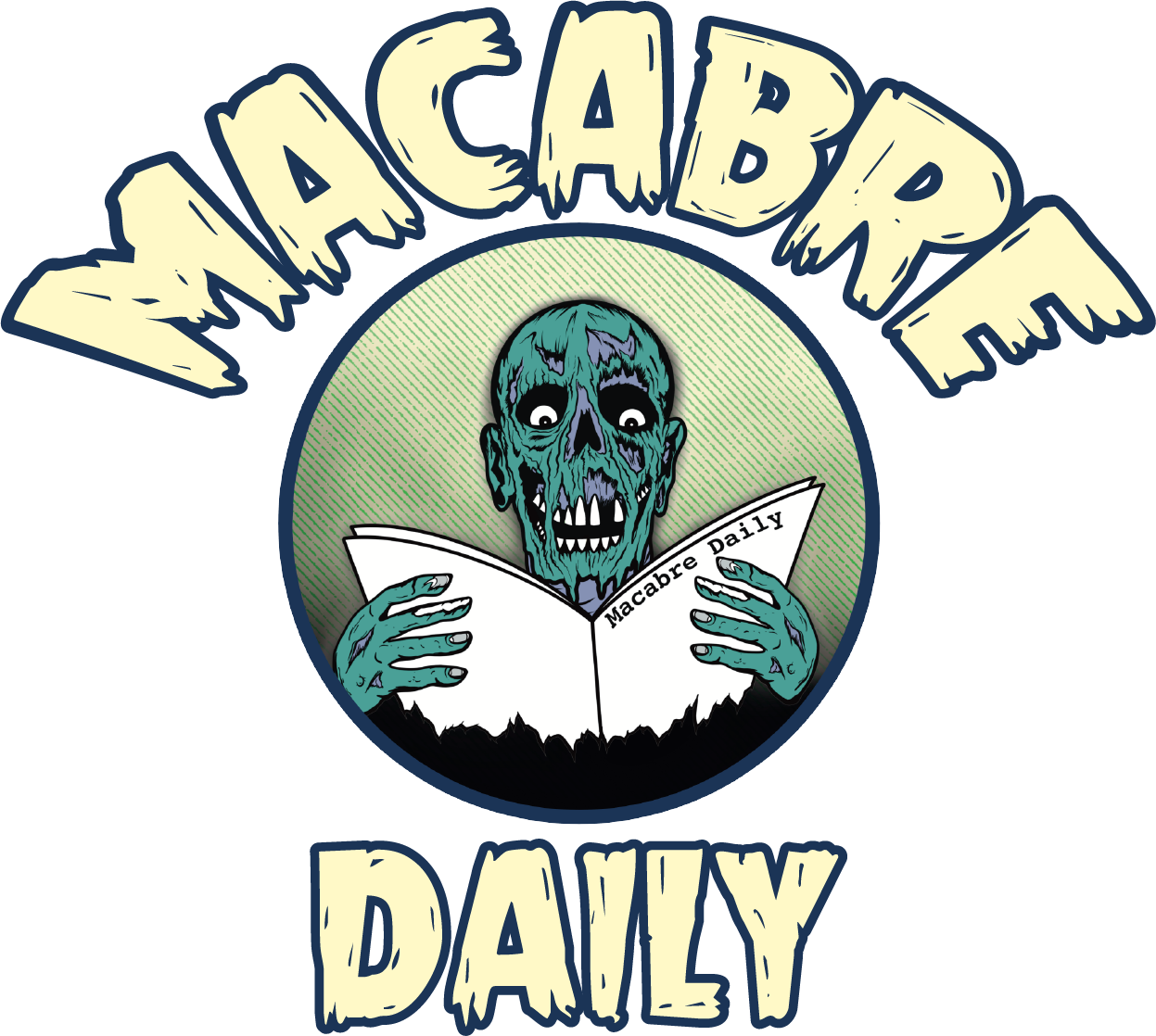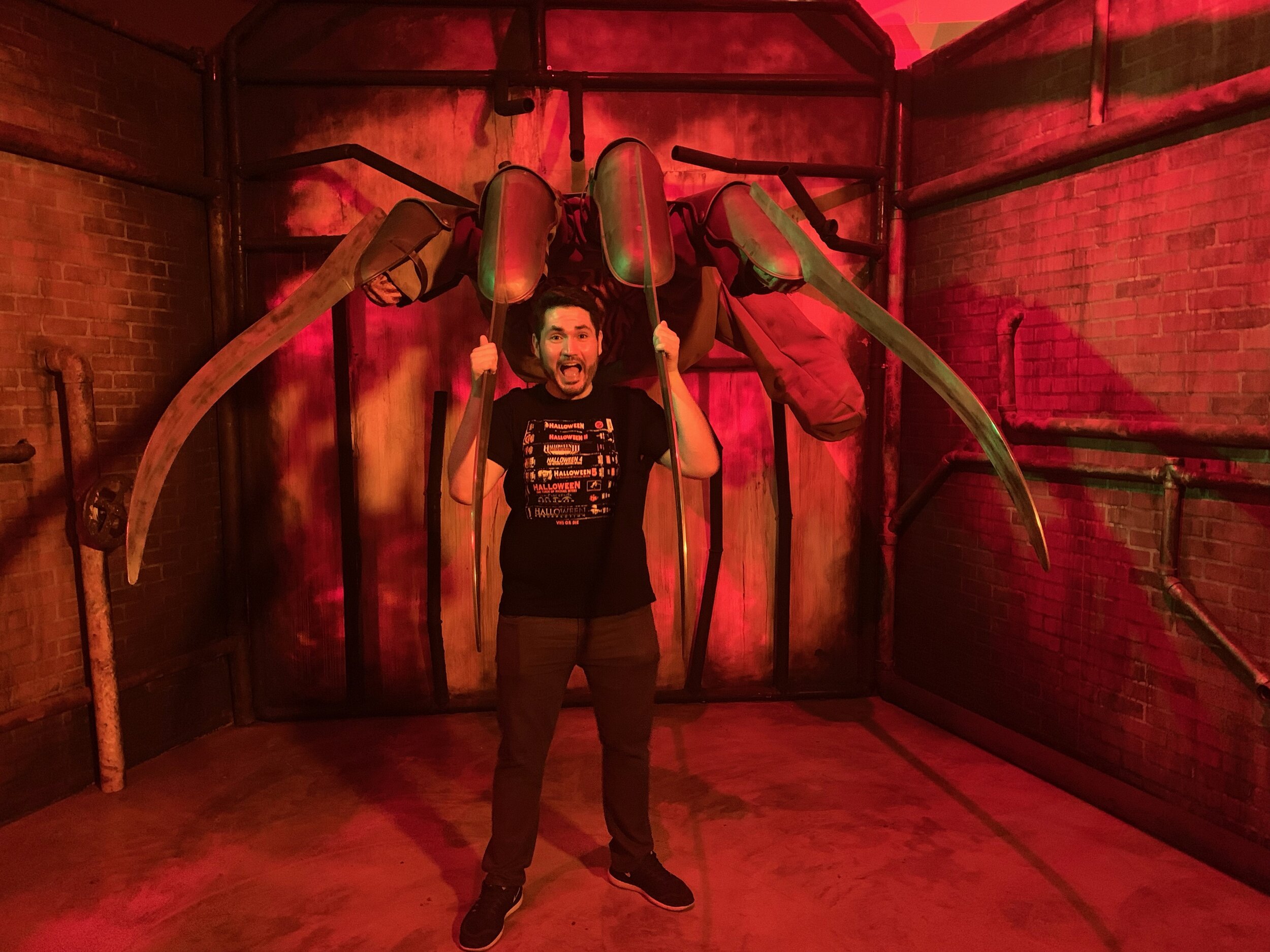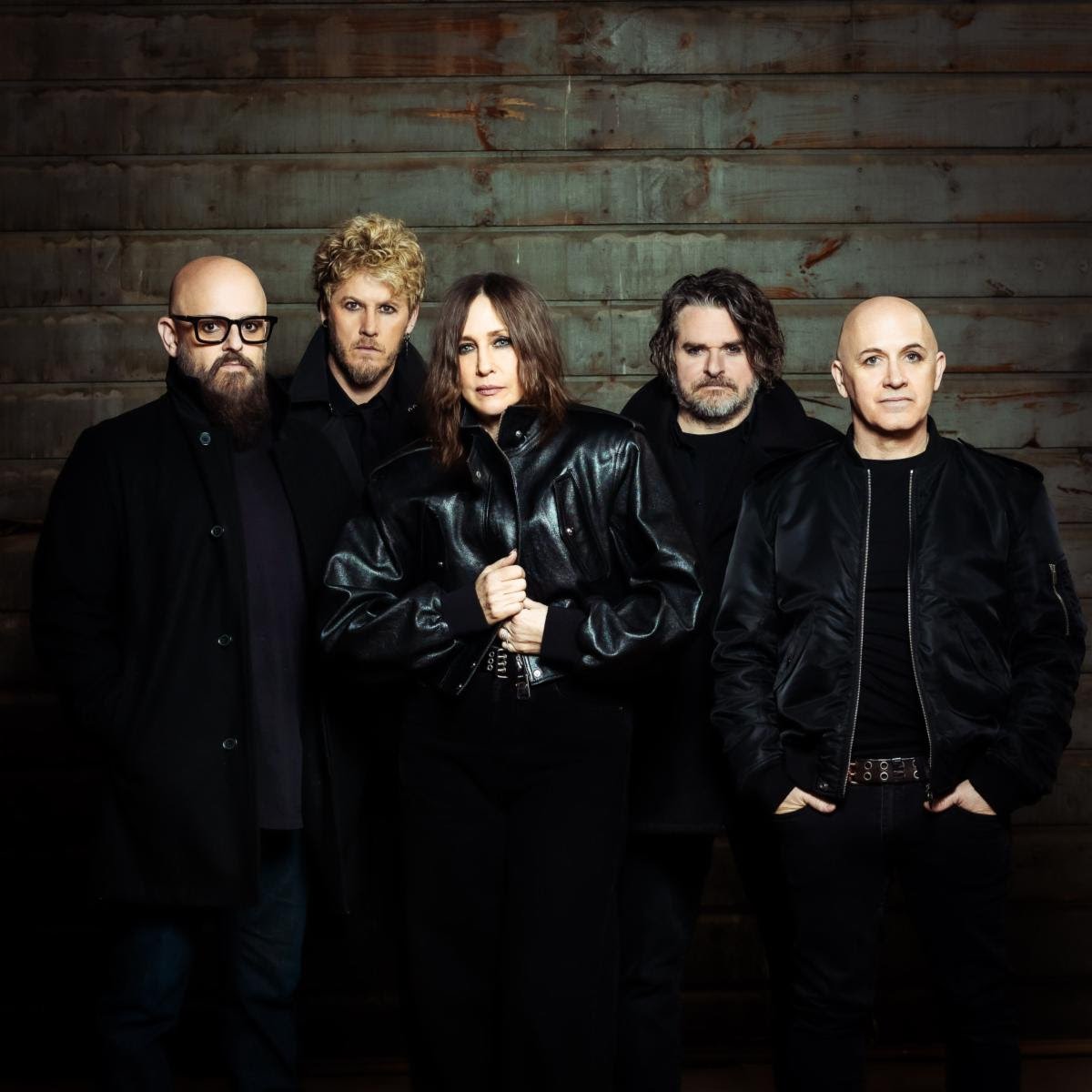AND THE HORRORS PERSISTED: The Need For More Black Horror Movies
“And The Horrors Persisted” is an idea that came from a feeling many of us are likely experiencing now, shock and sadness. You don’t have to scroll too far to see the onslaught of news hitting our feeds daily and the kind of negative connotation much of it carries, and this isn’t a new problem. For a long time, many of us have been struggling to understand the way of the world, the shifts in discourse, and the impact it has on culture, justice, and policy. The intended effect of this onslaught is often to paralyze us into apathy and unconscious submission regardless of morality or ethics, but like any great horror film, the story ain’t over until the survivor(s) says so. Each month, this column will tackle different societal trends and explore how these show up in the horror genre. While we aim to present unbiased information, the very nature of this conversation is likely to rile some people up in the wrong and the right ways. Regardless of your opinion, we encourage you to examine this with an open mind and invite you to engage with us respectfully through our social media to further unpack how genre fans feel, and how this relates to their love of horror.
This month’s column is on the need for more Black horror movies…
Setting The Stage
Horror has always been a good business, even if studios and the broader film community scoff at the content. In fact, in 2024 alone, theatrical horror films accounted for over $800 Million in ticket sales (and that is likely a low count as it only focuses on theatrical releases). As the horror business blossoms, so does the diversity of the content being offered. According to BlackHorrorMovies.com, there have been 437 films released in that same timeframe that either feature a Black character or are a predominantly all-Black cast and filmmaker, and the latter number is likely much lower than the former. According to IMDB, there have been 7,965 horror movies released since January 1, 2020, until the present day, February 26, 2025. For the sake of argument, let's assume these numbers are accurate, which would mean that less than 5.5% of all horror films released in the last 5 years have featured a Black character and/or predominantly Black cast and crew. As of 2023, Black people in America make up 14.4% of the country (48.3 Million People), so demographically speaking representation in horror isn’t great despite improvements since the release of “Get Out” in 2017.
The Importance of Genre Diversity
Do you remember when “Scream” came out in 1996? Maybe you do, maybe you don’t, but what you’ll probably remember is that from 1996 to 2001 there was a deluge of teen slasher ripoffs that aimed at replicating Wes Craven’s signature of meta-horror meets slasher with wild variation in quality. The thing that so many horror fans opined at the time was, “Not this, again.” The same thing happened in the 80s when the Slasher craze hit full tilt, or the Zombie phase that started around the mid-200s and was in high gear after the release of AMC’s “The Walking Dead” series which then led to “zombie fatigue” and an informal embargo on zombie films for a while. While trends can be a good thing, they also suffer from the “too much is too much problem,” but strangely, many folks don’t stop to consider the diversity of experience and perspective, and more importantly how that can infuse new life into a genre trend that is on the verge of becoming stale.
When we only focus on the lives of people who look a certain way, we limit ourselves from being able to understand the integrated and diverse society we all participate in, and horror is not exclusive to a certain type of person. All of us experience terror, some of us in the same ways as others, and diversity can lead to different kinds of fear based on systemic and institutionalized racism and prejudices. When we limit the kinds of filmmakers and films we get in the genre, we do ourselves a disservice by neglecting to acknowledge the horrors of reality and how those inform our understanding of the genre as a whole. We also neglect the ability to process cultural issues through the lens of horror when we only focus on one perspective, as Kinitra Brooks, Associate Professor at Michigan State University explains:
“Horror is purposefully traumatic. It is meant to be a way to process trauma in a safer way with an often, but not always, cathartic ending. Your fear of ghosts, your fear of the supernatural, your fear of the “Other” — horror allows you to work these fears out in the safety of your home and couch. You’re able to process and deal with uncomfortable feelings that manifest themselves through cultural anxieties around themes of gender, race and violence.”
Are Things Improving?
Generally speaking, yes, but not always sustainably and predictably. Horror like other aspects of pop culture is informed by the world around us, and the world around us has gotten more diverse. In fact, a Brookings Institute study found that Gen Z would be the last generation with a white majority and this has everything to do with the broader diversification that has been happening in this country since the Civil Rights movement in the 60s. With greater demographic numbers one would think that representation would increase, but as shown in an earlier paragraph that isn’t happening in horror as much as it should, but does that mean it isn’t improving at all?
The answer is, yes and no. Yes, we are getting more diverse, Black-centric horror now than we did 10 years ago, but as the chart below from BlackHorrorMovies.com shows, it comes in waves and is largely driven by one or a few films that start a trend. Like in the 70s when Blacksploitation was emerging, the early 00s when “Urban Horror” was becoming popular, and then again in 2017 after the release of “Get Out.” So yes, we are getting more Black horror movies, but that isn’t the entire story.
Source: BlackHorrorMovies.com Mark H. Harris (link)
The no part of this answer refers back to the earlier stats on representation in Horror. If Black people represent 14.4% of the US, why is it that only 5.5% of horror films released in the US in the last 5 years speak to the Black experience directly or include cast members who identify as Black? The truth is, that there are still systemic barriers that Black people face in the entertainment industry that prevent them from achieving greater representation. Only 10.4% of lead actors in theatrical films were Black, and 70.8% were white (2023), this data is not specific to Horror which would indicate that representation is likely lower in the genre, but we don’t have the data to say for sure. Streaming services often fare better when it comes to representation, but the current social and political climate in the US is making equity gains harder to realize and attribute data towards. So while there are signs that improvements are being made, it doesn’t mean that the work is done. Horror can be a uniting force because it equalizes us all through our shared understanding of fear even if it manifests differently for all of us. Genre diversity isn’t an attempt to deliver social justice so much as it is an opportunity for genre fans to explore the nuance of horror through different perspectives. It challenges us to confront the horrors of reality in more safe spaces but also creates empathy by understanding another’s lived experience. If nothing else, we should celebrate gains while also asking for more because horror fans deserve it and we are not a monolith.
Reading More About Black Horror
This piece doesn’t even begin to scratch the surface of understanding Black horror, and if you’re interested in reading more about it the below sources can be helpful:
💀 “Horror Noire” by Robin R. Means Coleman
💀 ”Searching for Sycorax: Black Women's Hauntings of Contemporary Horror” by Kinitra D. Brooks
💀 “The Black Guy Dies First" by Robin R. Means Coleman and Mark H. Harris
💀 "BOO! The Essential Guide To Black Horror" by K.S. Todd
💀 "Black Celebration: Amazing Articles on African American Horror"by Various Authors
Stay up to date with “The Dark Side Of Pop Culture” by following Macabre Daily on Instagram, Facebook, and BlueSky!













